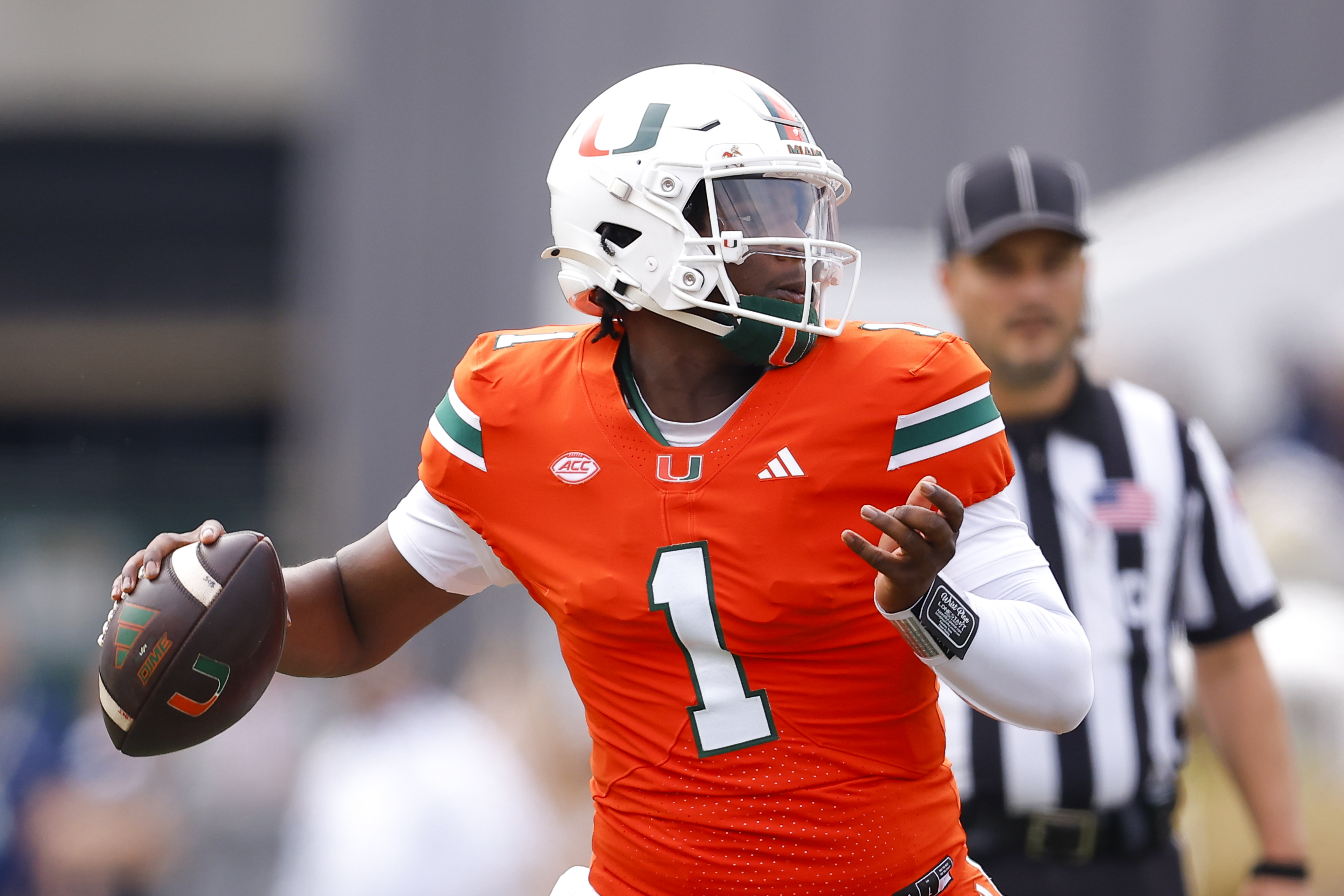Nobel prize winner Paul Krugman said Donald Trump's campaign proposals could cause "economic chaos" and do significant damage to America's Social Security programs.
The economy has remained a central focus throughout the 2024 presidential election campaign, with voters particularly concerned about how each candidate's policies might impact the cost of goods and services for the average American. While Trump has broadly maintained a polling lead over Kamala Harris when it comes to economic issues, and some experts have hailed the former president's policies as economically sound, others are concerned that his tariff proposals and extreme immigration plans could aggravate citizens' financial struggles.
"Donald Trump's economic proposals, if enacted, [could] drive Social Security into bankruptcy, impoverishing many older Americans," Krugman wrote in a Thursday column for The New York Times.
Newsweek reached out to the Trump campaign for a response to Krugman's article.

Krugman, who won the 2008 Nobel Memorial Prize in Economic Sciences for his contributions to international trade theory, cited an October report from the Committee for a Responsible Federal Budget (CRFB), which warned that Trump's proposal to eliminate taxes on tips, overtime pay and Social Security benefits could jeopardize the program's funding abilities.
Krugman said that the "inflationary" effects of Trump's tariffs, as well as the planned deportation of undocumented migrants, "many of whom pay payroll taxes," would "further worsen the situation." He added that the CRFB's predictions "don't take into account the economic chaos Trump's deportation and tariff policies would probably create," or the "trillions" that his administration would add to the national debt.
However, other institutions have supported Trump's plans, and cast doubt on Harris' claim that she has the backing of America's top economist.
The University of Pennsylvania's Penn Wharton Budget Model, which Harris said had endorsed her economic plans, previously told Newsweek that Harris' tax and spending proposals would increase the government's primary deficits, albeit less than Trump's. However, countering the vice president's claim that her proposals "would strengthen the economy," it said: "We did not find a positive impact on the economy from her plan in any future year."
Despite a substantial increase in the deficit during his tenure, which surged with the onset of the Covid pandemic, Trump's first three years in office were marked by several economic successes, according to analysis by the BBC. During this period, his administration oversaw an annualized growth rate of 2.5 percent and the addition of 6.7 million jobs, compared to 2.3 percent and 7 million in the last three years of the Obama administration, respectively.

Voters appear broadly convinced by the former president's record and his plans for the future, according to recent polling, and they are underwhelmed with the state of the U.S. economy under Joe Biden and Harris.
Polling conducted by Newsweek in early October found that 51 percent of voters think the economy is heading in the wrong direction, compared to only 30 percent who are optimistic about America's economic future.
While Harris has narrowed the gap, and in some cases reversed Trump's earlier advantage, most major polls have the former president maintaining his lead on the economy among voters.
On Thursday, a joint survey by The Financial Times and the University of Michigan's Ross School of Business found 44 percent favored Trump on the economy, compared to 43 percent for Harris, reversing her 2-point September lead.
In the final NYT-Siena College poll of likely voters, released on Friday, 52 percent of respondents said they trusted the former president over Harris to "to do a better job" on the economy.
According to the same poll, the economy far outpaces issues such as abortion, immigration and democracy in terms of its significance in the minds of the U.S. electorate, with 27 percent of respondents listing it as the most significant factor in determining their vote.
Keep up with the latest U.S. election news with Newsweek's Campaign Tracker.
Do you have a story we should be covering? Do you have any questions about this article? Contact LiveNews@newsweek.com.


















:quality(85):upscale()/2024/04/24/878/n/3019466/36c5693c662965c5d1ce91.72473705_.jpg)

 English (US) ·
English (US) ·